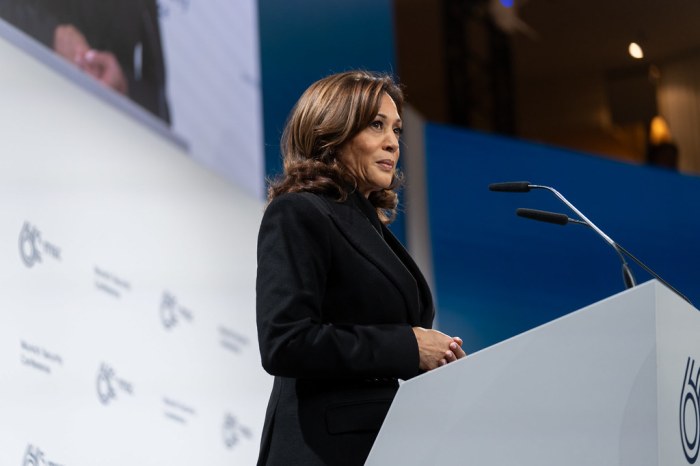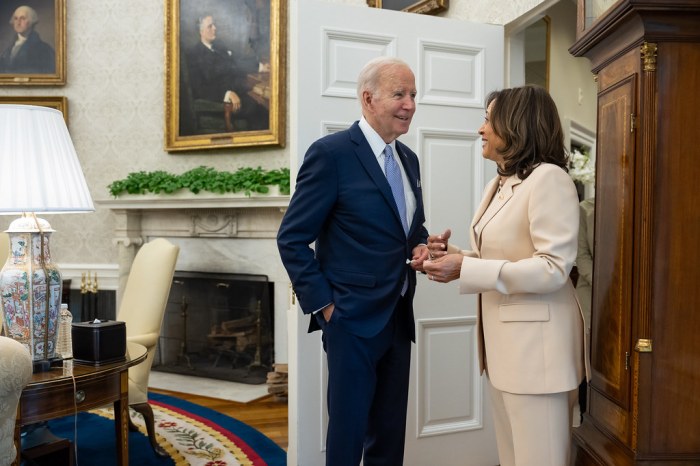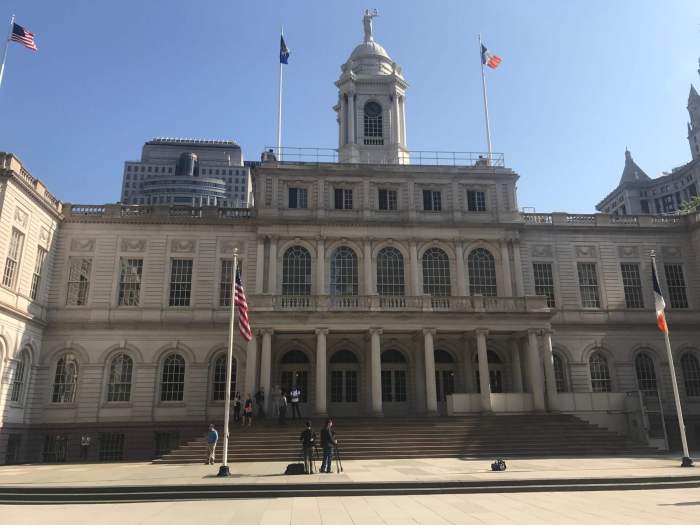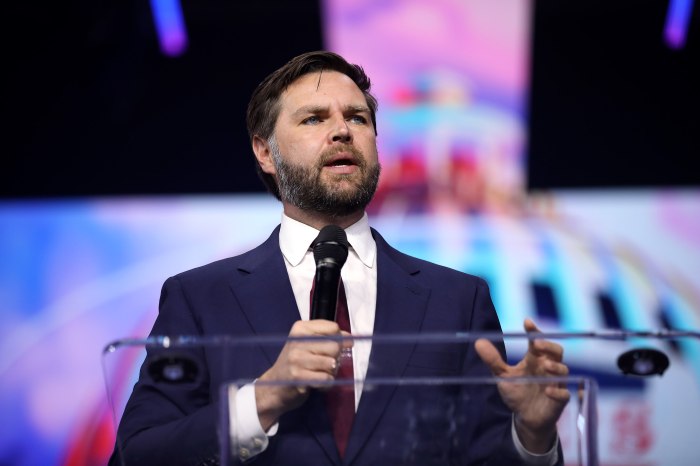With advocates expecting a vote on gay marriage in New York’s State Senate within the next few weeks, the opposition is emerging just as the pro side is beginning to more aggressively lobby.
“We haven’t had anything organized in our district,” said Rayan Aguam, spokesman for Senator Joseph Griffo, a Republican who represents Utica.
What the office has seen is a “definitely noticeable” uptick in phone calls opposing same-sex marriage coming from within Griffo’s Senate district, Aguam said.
He could not attribute the increase to any organization or group.
Griffo is one of six senators, two Democrats and four Republicans, who have signaled they are undecided on the legislation. The state budget was completed on April 1 and a vote on gay marriage is expected before the Legislature adjourns on June 20.
There are 26 known same-sex marriage votes in the 62-member Senate. Republicans hold a narrow 32 to 30 majority, and one Democrat, Senator Ruben Diaz from the Bronx, is an ardent gay marriage opponent. Under the most favorable circumstances, marriage advocates must get at least three Republican votes.
Same-sex marriage legislation has passed the State Assembly three times by wide margins since 2007, and Governor Andrew Cuomo is a supporter. The State Senate has had a single vote on gay marriage that came in 2009. Eight Democrats joined 30 Republicans to defeat it in that 38 to 24 vote.
Senator Joseph P. Addabbo, Jr., a Queens Democrat, told Gay City News that he was generally hearing more about the issue from voters in his district.
“I am seeing an increase, I can’t say it’s for or against,” he said. “There has certainly been more of a response this time… Certainly what I’ve seen being very active is the LGBT community. I’ve met with and spoken with more individuals from the LGBT community.”
Addabbo was among the eight Democrats who opposed same-sex marriage in 2009, though he has not taken a position on the expected vote this year. He told Gay City News that legislators must sometimes vote against their conscience.
“My personal feelings aside, I do represent a district,” he said.
Another Senate Democrat who voted no in 2009, Shirley L. Huntley, who also represents Queens, has not seen any change in calls or letters on marriage, a spokesperson told Gay City News.
A spokesperson for Jack Martins, a Long Island Republican, also reported no change.
Huntley and Martins have not taken a position on the legislation.
The two remaining Republicans who have indicated an unknown or undecided position on gay marriage, James Alesi of Fairport and Greg Ball of Brewster, did not respond to calls seeking comment.
While the calls, meetings, and letters into Senate offices will likely increase as June 20 nears, opponents have announced events in the run-up to the vote.
Diaz will host a May 15 rally in the Bronx “For the defense of Biblical values, morals and families,” as a rally co-producer’s website terms it. The event is modeled on a similar 2009 rally Diaz produced that drew thousands, if not tens of thousands, to Midtown Manhattan.
Two Spanish-language Christian radio stations, Radio Visión Cristiana and Radio Cantico Nuevo, are co-producers. Like the 2009 rally, the May 15 event will be held on a Sunday and many in the crowd will likely come directly from church –– a good number on chartered buses.
On May 1, the New Yorker’s Family Research Foundation, a conservative group, announced its “Mayday for Marriage” tour, a bus tour of the state that will hold events to oppose same-sex marriage. The tour will culminate in a May 24 rally in Albany.
For marriage proponents, the opposition is no surprise, but they argue that the public has shifted decidedly in their favor.
“The fact is that the overwhelming majority of New Yorkers support marriage equality,” said Brian Ellner, a senior strategist at Human Rights Campaign, the nation’s largest gay lobby. “That support can be seen from all around the state… across every demographic. This is a moderate, mainstream issue in our state. I fully expect that we will see Republicans joining Democrats in passing marriage equality.”



































